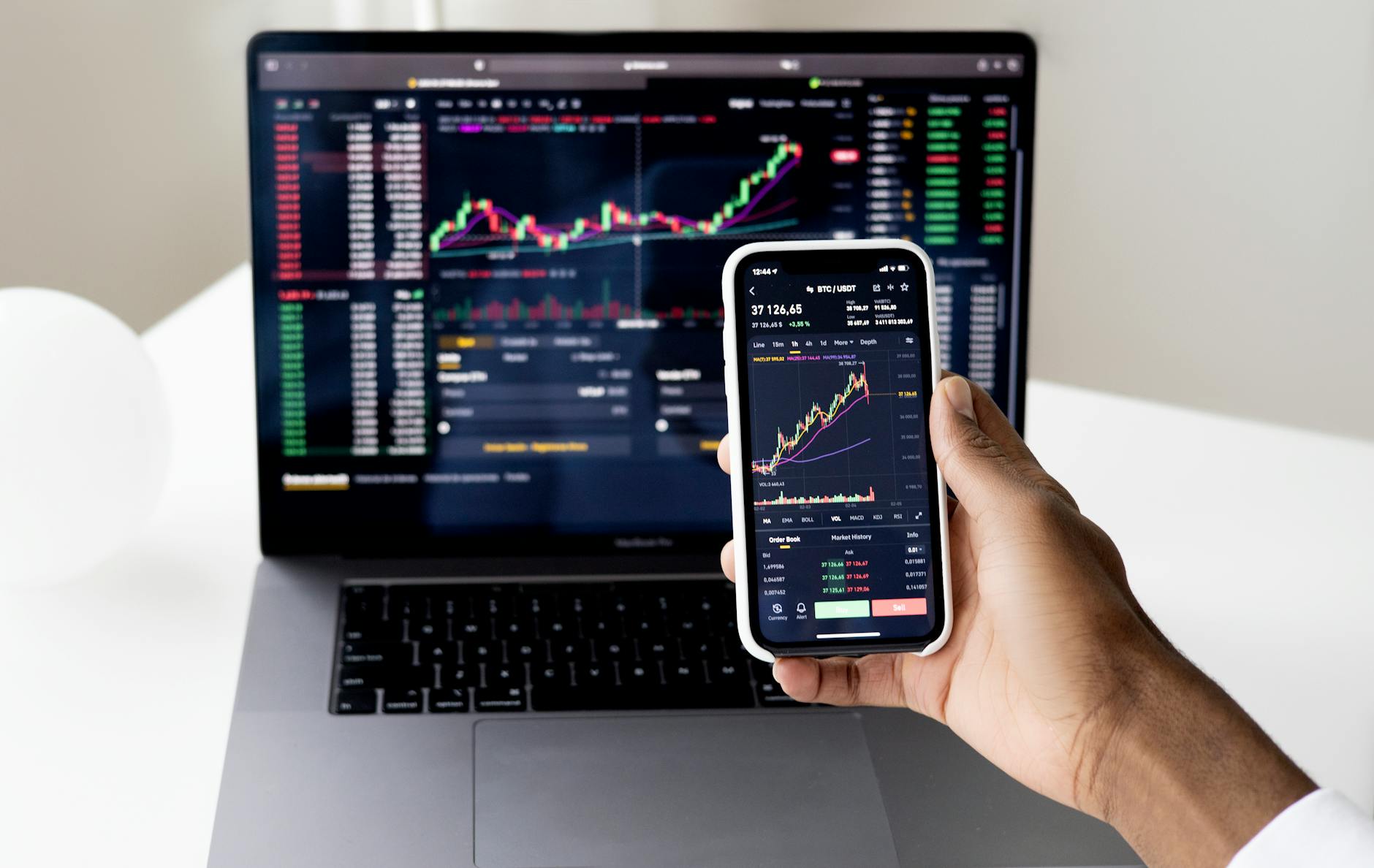Understanding Derivatives Markets: An Essential Guide
The derivatives market is a critical pillar of the global financial system. It enables institutions, corporations, and even individuals to manage risk and speculate on price movements. As the complexities of our financial systems have grown, derivatives have become a vital tool for achieving economic stability while also contributing to market efficiency. Whether it’s hedging against currency fluctuations or managing interest rate risks, derivatives impact industries and economies worldwide.
What Are Derivatives?
Derivatives are financial instruments that derive their value from an underlying asset. These could include stocks, commodities, currencies, or even interest rates. They represent a contract between two or more parties, often designed to mitigate or assume specific risks.
 Photo by Anna Nekrashevich
Photo by Anna Nekrashevich
Definition and Key Features
At their core, derivatives are contracts. They rely on the performance of one or more underlying assets to determine their value. For example, the value of an oil futures contract depends directly on the fluctuating price of crude oil in the market. These contracts are versatile, allowing participants to either hedge risks or speculate on future asset prices. For further insights into derivatives, you can visit Understanding Derivatives.
Types of Derivatives
There are four common types of derivatives, each serving a unique purpose:
- Futures Contracts: These are agreements to buy or sell an asset at a predetermined price on a specific date. They are standardized and traded on exchanges.
- Forward Contracts: Similar to futures, but these are private agreements between two parties and can be customized.
- Options Contracts: They give the buyer the right, but not the obligation, to purchase or sell an asset at a specific price during a set period.
- Swaps: These involve the exchange of financial obligations, such as swapping fixed interest rate payments for variable ones.
To explore these in more depth, check out this guide on Types of Financial Derivatives.
The Role and Importance of Derivatives Markets
So, why are derivatives markets indispensable? Beyond their complexity, derivatives provide essential functions that directly affect our global economy.
Risk Management and Hedging
At the heart of derivatives is their ability to manage financial risks. Companies rely on them to hedge against uncertainties like currency fluctuations or volatile commodity prices. For example, an exporter might use currency futures to lock in a stable exchange rate and minimize exposure to foreign exchange risks. As the IMF points out, derivatives play a key role in stabilizing financial operations.
Price Discovery and Market Efficiency
Derivatives markets excel at price discovery, meaning they help determine the value of underlying assets based on current and expected market conditions. This leads to better-informed investment decisions and boosts overall market efficiency. For a closer look at how derivatives shape the economy, read How Derivatives Markets Work.
The Dynamics of Trading in Derivatives Markets
Trading in derivatives is where theory meets practice. Understanding these dynamics is crucial for anyone looking to participate in such markets.
Over-the-Counter (OTC) vs. Exchange-Traded Derivatives
Derivatives are traded in two primary ways. Exchange-traded derivatives are standardized contracts traded on regulated exchanges, offering transparency and reduced counterparty risk. In contrast, OTC derivatives take place privately between parties, giving them flexibility but increasing counterparty risks. For those new to these concepts, Investopedia's Beginner’s Guide provides helpful insights.
Participants in the Market
The derivatives market wouldn’t function without its diverse participants:
- Hedgers: Use derivatives to protect against adverse price movements.
- Speculators: Aim to profit from price changes, often taking on significant risks.
- Arbitrageurs: Seek to exploit price differences in various markets to secure a profit.
Each of these roles is critical in maintaining the balance and activity within the derivatives ecosystem.
Challenges and Risks in Derivatives Markets
While derivatives bring significant benefits, they are not without risks. From counterparty failures to market volatility, there are issues that traders and institutions must navigate.
Counterparty and Default Risks
One of the main risks in OTC trading is counterparty risk—the possibility that the other party may fail to meet their financial obligations. Unlike exchange-traded derivatives, OTC contracts lack a central clearinghouse, making such risks more prominent.
Market Volatility and Systemic Risks
Derivatives can sometimes amplify market volatility. When misused or misunderstood, they might contribute to systemic risks, potentially destabilizing entire economies. For a detailed exploration of these risks, you can refer to the Philadelphia Fed report on Derivatives Risks.
Conclusion
Derivatives markets are an essential component of modern finance, offering tools for risk management, speculation, and price discovery. While they contribute immensely to market efficiency and economic growth, their complexity demands caution. Like any financial instrument, understanding their strengths and weaknesses is key to using them effectively. Whether you're a risk manager or an investor, derivatives can unlock opportunities while keeping potential risks in check. The world of derivatives may be intricate, but it remains a cornerstone of the financial industry.
